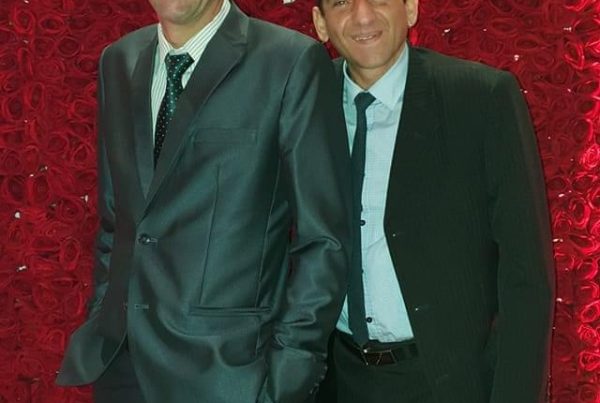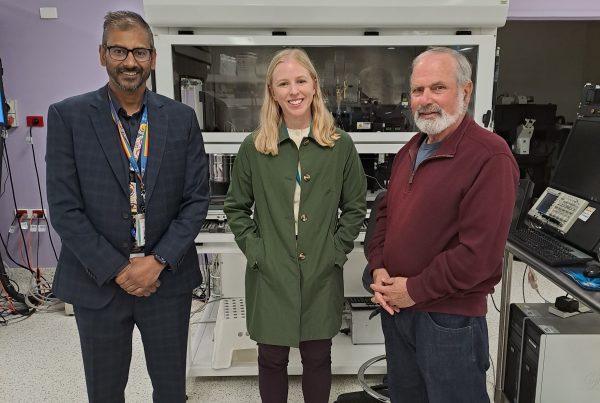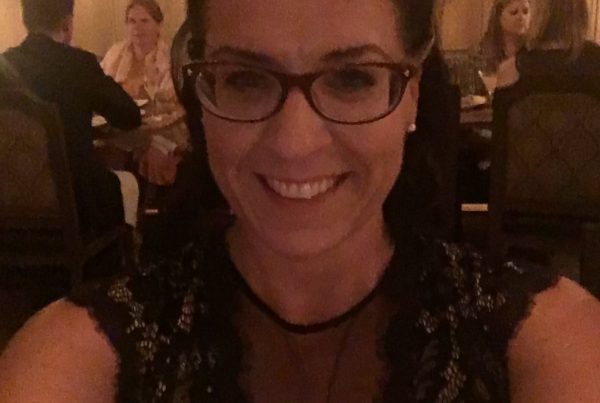Choosing a career pathway can be tricky. There are thousands of options. Narrowing that down to one is no easy task. But, by thinking about who you are, the types of things you enjoy and how you’d like to work, you can find your dream career.
Before embarking on a career journey, whether as a first job or changing careers, it is worthwhile undertaking the below steps to ensure your personality is suited to the types of role/s you are considering and that your expectations of these role/s are understood. By understanding key factors about yourself, you will have a greater understanding of which career options you may prefer. To begin, it is helpful to understand who you are, what you are like and how you operate. It’s a great idea to consider the following.
Do a self-assessment
By doing a self-assessment you can constructively consider your personality type and natural traits. By understanding these, it can help define what roles you may be best suited to. Below are some key considerations for this:
Are you introverted, extraverted or ambiverted? Introverts get energy from themselves; extroverts get energy from others and ambiverts tend to prefer a mix of both. Consider jobs that compliment your personality type. Introverts may prefer a steady pace with quiet areas to focus. Whereas extroverts often prefer high energy, fast-paced environments and ambiverts can adapt to environments that enable both.
Are you detailed or big picture? Detailed personalities prefer routine, analysing, repetitive work and clear processes to follow. Big-picture thinkers thrive on creativity, strategizing, risks and trying new ideas.
How do you make decisions? Thinkers consider facts, problems and risks. Helpers consider feelings, emotions and personal connections.
Are you structured or adaptive? Structured personalities are planners, who write lists and prefer job security. Adaptors are more flexible, prefer change and can get bored more easily.
Consider your strengths
What are you naturally good at? Creating, building, planning, coaching, caring or organising.
When do you feel most energised? Completing projects, helping others, solving problems or creating.
When do you feel in the ‘flow’ or completely absorbed? Analysing, teaching, researching, building, physical work, active work, listening, learning or creating.
What do people come to you for? To organise, plan, advise, create, listen, repair or build.
Consider your values
What is most important to you in the short term (3-5 years)? Work flexibility, skills, autonomy, challenges, balance, team environments, workload, security, recognition, benefits, or the commute.
Consider your interests
- What energises you?
- What are you genuinely interested in?
- What books or magazines do you buy?
- What do you like talking about?
- What social media do you follow?
Consider your working environment
- What environment can I work in?
- Will the job you are considering give you some flexibility?
- What are the physical demands?
- Are there environmental hazards?
Explore your options
Once you have a clear understanding of who you are and what roles may suit you, start exploring different career options and job descriptions that align with your self-assessment. Refer to YouTube, career websites and undertake interviews with people in a similar role.
Experimentation
Before you decide to head in a particular direction, you could experiment before committing. This can be done via short courses, volunteering, internships, part-time work and online courses.
Consider these points:
- Does the work energises you?
- Does it use your strengths?
- What are the day-to-day tasks?
- Does it offer flexibility?
- What are the physical demands?
- How much will it pay?
Understanding who you are and what you enjoy doing can bring clarity to the types of roles that may suit you. Keeping in mind, this is not prescriptive. If you have an interest in any role, research
and explore it, and see if it’s a possibility.
Download this information as a PDF – Finding a Career that suits you.
This story was published in June 2021. If you would like to share your story, please contact us at support@cfcc.org.au. We’d love to hear from you and so would our readers.
The views, experiences or comments shared on this website are not medical advice and may not reflect opinions or beliefs of Cystic Fibrosis Community Care. Always seek the guidance of your doctor or other qualified health professional with any questions regarding your health.




